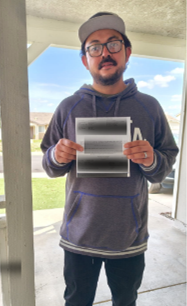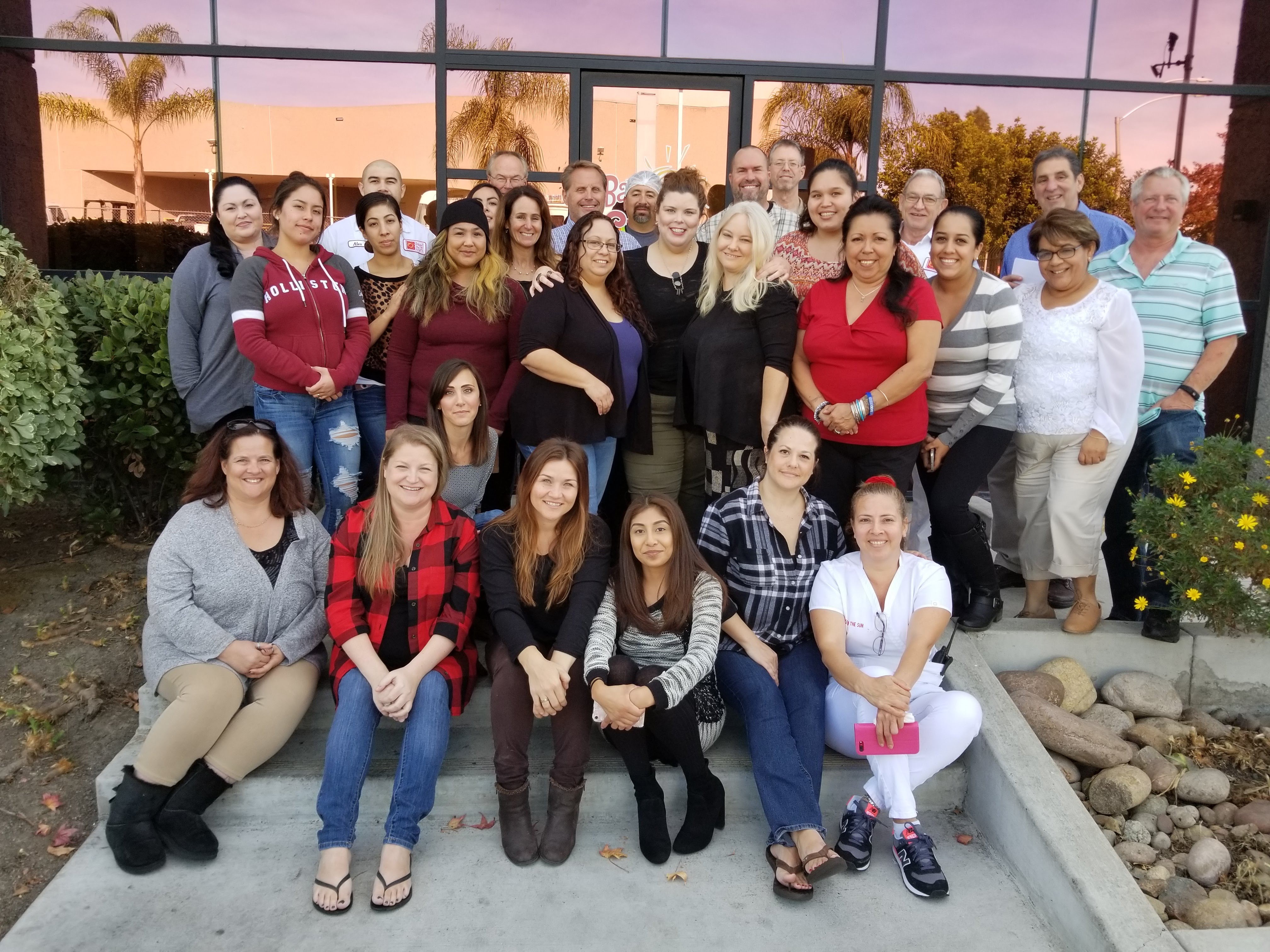Judgment Success Stories
When employers are found liable for unpaid wages and do not pay their employees, the Labor Commissioner’s Office (LCO) can investigate and use legal actions to obtain the money due to workers. Judgments are court orders the Labor Commissioner files on behalf of workers to recover unpaid wages. When judgments are filed, the worker is known as the "creditor" and the employer or other liable parties are known as the “debtor.” The judgment gives the creditor legal permission to take collection action, such as seizing the debtor’s assets.
These cases show how judgments and other legal actions lead by the Labor Commissioner’s Judgment Enforcement Unit (JEU) can result in success stories for unpaid workers by getting them the money they are owed.
Construction Workers’ Pay is Protected

Knowing Your Employer’s Bank Can Help You Get Paid

JEU Makes Payments Clear
A worker won unpaid wages but when he deposited his check, the bank suspended it for suspect fraud. After communicating with the bank, the Judgment Enforcement Unit helped the worker successfully restore the payment.
“I am very appreciative of the Labor Commissioner’s Office and the staff who helped protect worker’s rights. Thank you very much.” Mr. Dominguez.
Public Works Projects Protect Workers Pay

By issuing a Stop Payment Notice, the awarding body on the public works project halted payment to the subcontractor until the workers were paid. This strategic legal action resulted in full payment to the workers for unpaid wages.
A Letter from a Wage Claim Winner
Hello deputies, Here is the picture of myself with the check!
Once again, I want to send out my message of sincere thanks & gratitude, to you, the judge, the JEU, and everyone else involved in my case, from the top to the bottom...Even the office clerks in county office. I really appreciate that everyone did their jobs, and were professional in this long, and stressful process.
Additionally, this favorable judgement victory, means a lot to me. Not just for the money, but more importantly that justice was served on my behalf and would not have been without your team of diligent professionals! Thanks again, to you and your department. Your efforts will never be forgotten. Much success in all your endeavors.

Community Organization Connects Worker with LCO
This case was brought to our office by Mixteco Indigena Community Organizing Project (MICOP). A maintenance worker in Camarillo was owed unpaid piece rate wages, waiting time penalties and liquidated damages. Even though the CEO of the company was no longer working, JEU was able to find a liable party through the Contractor State License Board. After a long back-and-forth engaging with the employer, JEU negotiated a settlement and the worker was paid! He explained to JEU how important this money was to him and his family. This shows how community-based organizations serve a critical role informing workers of their rights and connecting them with LCO to take action.

Bank Levy Recovers Unpaid Wages for Restaurant Worker

A worker from Rokabab Mediterranean Grill in Thousand Oaks won over $20,000 in unpaid wages from a successful bank levy. The liable owner of the restaurant, singer and performer Siavash Shams, was the subject of the Judgment Enforcement Unit’s investigation. Several attempts were made to create a payment plan with the debtor, but the case remained unresolved when agreement could not be reached. After further research and investigation, JEU strategically issued a levy on all major banks, which resulted in the collection of $23,000 for the worker.
This case shows how the Judgment Enforcement Unit can use strategic bank levy tools to find assets to pay unpaid wages for workers.
Even if the Business Closes, Workers May Still Get Paid

Over 180 workers recovered more than $900,000 in unpaid wages after the bakery they worked at in Vista closed without paying the last two weeks of work. The Judgment Enforcement Unit lead extensive investigations focused on recovering the unpaid wages and penalties from the liable owners of the business Baked in the Sun. To get workers the money they are owed, JEU issued citations and filed a lawsuit that directly targeted the liable individuals. This resulted in settlements paid to the workers.
This case highlights the importance of workers knowing their rights to report wage theft with the Labor Commissioner’s Office. The investigation began when 70 workers filed wage claims after the owner closed the business. The workers were excited to pick up the payments (pictured right).
False Claims do not Prevent the Consequences of Wage Theft

45 workers from the childcare center Children of the Rainbow in San Diego recovered more than $250,000 in unpaid wages after their employer did not provide full pay. The debtor made false claims about settling with workers for a smaller amount than the total wages due. After investigating, the Judgment Enforcement Unit verified these settlements claims were false and issued a demand letter informing the employer of an order to stop work if the wages are not paid. In addition, the Judgment Enforcement Unit investigated and revealed several assets the debtor had to cover the balance owed to workers. The case settled for the full amount of wages owed to workers.
This case shows when workers and the Judgment Enforcement Unit remain determined to use all possible tools available, unpaid wages can be recovered.
Investigations Reveal how Much the Debtor can Really Pay

hen workers from Jam Grocery in Canoga Park were owed over $400,000 in unpaid wages, their employer refused to pay. The Judgment Enforcement Unit investigated and found over $7,000,000 in properties owned by the liable party. After engaging with the debtor, JEU did not accept their low offer and excuse that they did not have the money. By staying on the case for two years, the Judgment Enforcement Unit was able to collect almost the full amount when one of the properties was sold.
This case shows how important it is to investigate all possible assets owned by the debtor to help ensure owed wages can be obtained when assets are sold.
April 2025

